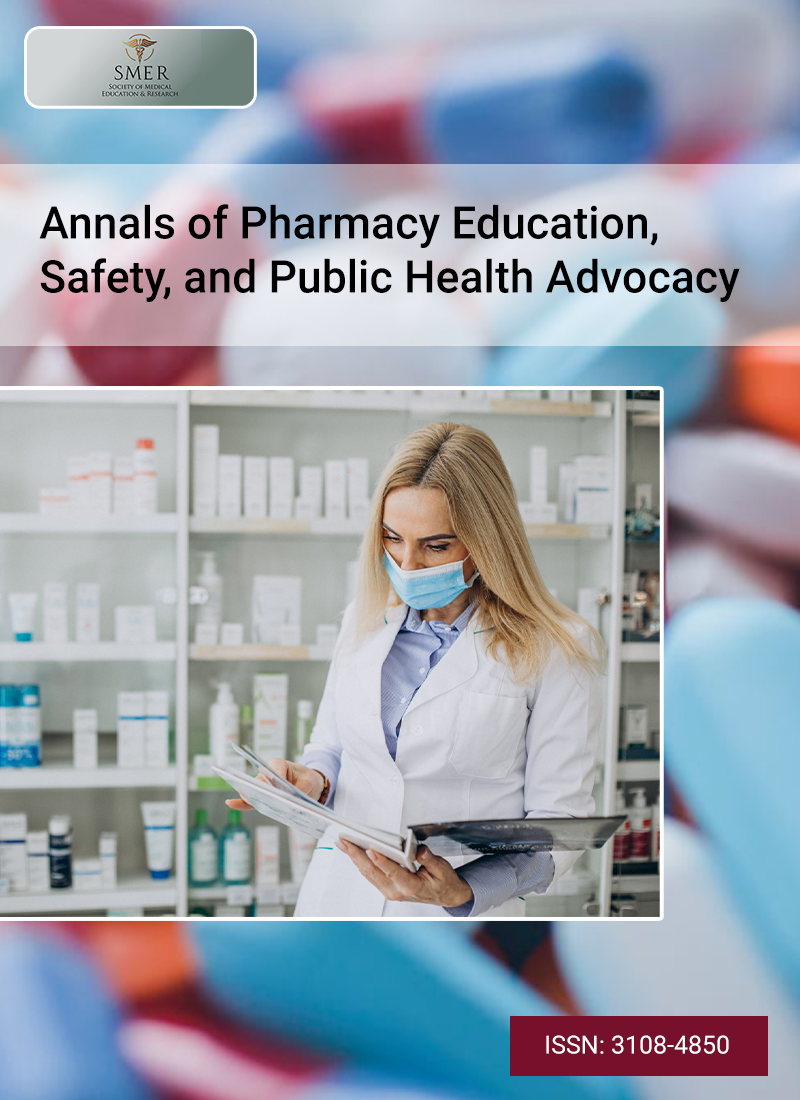
This research examines the knowledge, attitudes, and practices (KAP) of medical students regarding antibiotics and antimicrobial resistance (AMR), recognizing their pivotal role in addressing this escalating global health issue. Adopting a cross-sectional methodology, the study used an online survey tool to capture a wide range of perspectives related to antibiotics and AMR. Data collection spanned from January through April 2023, yielding 340 completed questionnaires, which were subjected to comprehensive statistical evaluation. The analysis revealed significant deficiencies in the KAP levels among participants, reflecting patterns observed internationally. Among the concerning findings were widespread misunderstandings—such as the erroneous notion that routine antibiotic use is harmless and the incorrect belief that adherence to prescriptions completely prevents antimicrobial resistance. Furthermore, it was found that a significant proportion of respondents sourced antibiotics through informal and unauthorized means, including friends and family members. These findings underscore the pressing need for a transformative update to current medical curricula, emphasizing both the biological principles and the responsible application of antibiotics. This study highlights the urgent responsibility of academic institutions, decision-makers, and public health authorities to jointly fortify the preparedness of future healthcare professionals in combating the AMR threat.